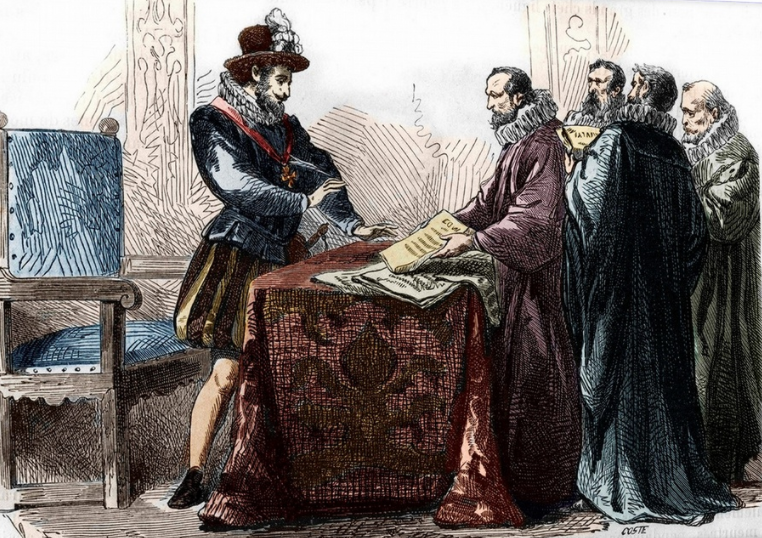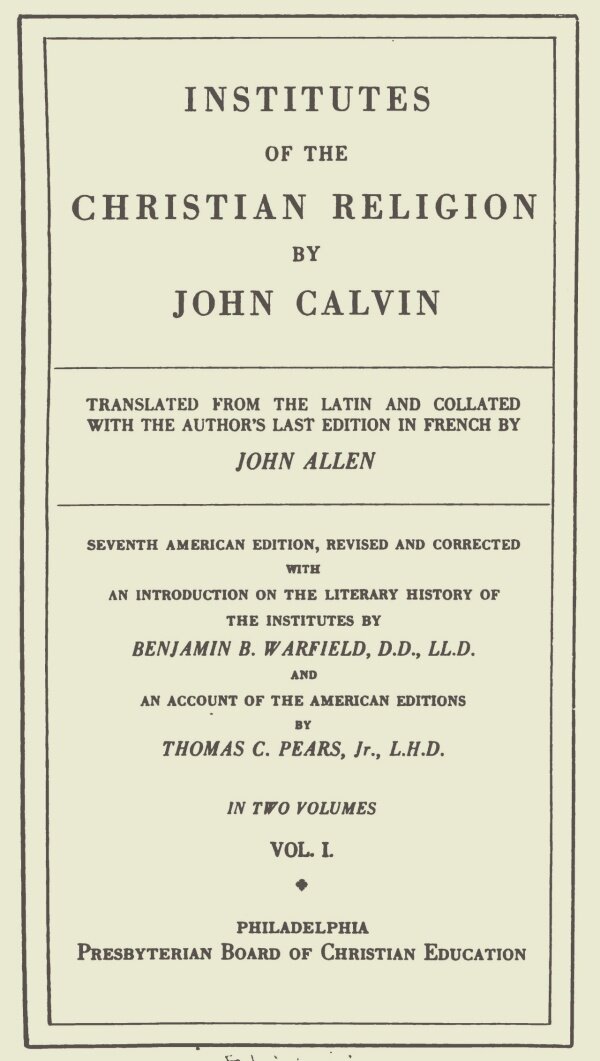Receive our blog posts in your email by filling out the form at the bottom of this page.
Happy Independence Day to all from Log College Press! Today marks the 248th anniversary of the signing of the Declaration of Independence, as well as seventh anniversary of the founding of Log College Press in 2017.
In the past we have highlighted various aspects of Presbyterian contributions to and appreciations of the great event commemorated on this day in history.
July 4, 2023 — America’s Debt to Calvinism
July 4, 2022 — Fourth of July Celebration at Log College Press
July 3, 2021 — American Independence and Presbyterians
July 4, 2020 — W.P. Breed: Presbyterians and the Revolution
July 4, 2019 — Freedom’s Cost
July 4, 2018 — American Presbyterians Wish You a Happy Independence Day!
Arise, O God, plead thine own cause (Ps. 74:22).
I lay down this maxim of divinity: Tyranny being a work of Satan, is not from God, because sin, either habitual or actual, is not from God: the power that is, must be from God; the magistrate, as magistrate, is good in nature of office, and the intrinsic end of his office, (Rom. xiii. 4) for he is the minister of God for thy good; and, therefore, a power ethical, politic, or moral, to oppress, is not from God, and is not a power, but a licentious deviation of a power; and is no more from God, but from sinful nature and the old serpent, than a license to sin. — Samuel Rutherford, Lex Rex (1644)
Today we highlight a patriotic sermon by Abraham Keteltas, delivered on October 5, 1777, titled God Arising and Pleading His People’s Cause; or, The American War in Favor of Liberty, Against the Measures and Arms of Great Britain, Shewn to Be the Cause of God.
Keteltas (1732-1798) was born in New York City of Dutch descent and, raised by pious Protestants, lived among the French Huguenots in New York and New Rochelle. He studied theology at Yale University, graduating in 1752, and obtained a license to preach in 1756. He preached in Dutch, French and English at various places in the north Mid-Atlantic and New England, including Jamaica and Long Island, New York; Connecticut; and Massachusetts. He was deeply interested in the political and social welfare of those around him, as reflected in several sermons dealing with the military, and political matters; and in his role as a delegate to the New York Provincial Congress.
In his most famous 1777 sermon, Keteltas defined the cause of God of which he spoke as primarily the gospel of the Lord Jesus Christ:
All the doctrines contained in the old and new Testament, from that system of truth, of which we are speaking, amongst these doctrines, those most essential to man, are his fall in Adam, and redemption by the Lord Jesus Christ, the necessity of being regenerated and sanctified by the spirit of God, and being justified by the righteousness of his son imputed to them, and received by faith, the necessity of holiness in order to happiness, and of conformity in heart and life to the nature and will of God: These, and all the other doctrines of his word, are the cause of God.
He went on to elaborate that “By the cause of God, we are to understand, the cause of universal righteousness.” This encompasses a care and concern for the welfare of all men, but especially those of the household of faith. Liberty, in opposition to slavery and bondage, is one of the chiefs concerns that we should thus seek to promote for all mankind, and especially fellow believers.
Liberty is the grand fountain, under God, of every temporal blessing, and what is infinitely more important, it is favorable to the propagation of unadulterated Christianity. Liberty is the parent of truth, justice, virtue, patriotism, benevolence, and every generous and noble purpose of the soul. Under the influence of liberty, the arts and sciences, trade, commerce, and husbandry flourish, and the wilderness blossoms like the rose.
The opposite of liberty, conversely, is tyranny, which is something that God detests.
But if liberty is thus friendly to the happiness of mankind, and is the cause of the kind parent of the universe; certainly tyranny & oppression are the cause of the devil, the cause which God’s souls hates.
After giving examples of just causes from both Biblical and world history (Dutch and Swiss independence), Keteltas turns his attention to the conflict between Great Britain and the American colonies, highlighting the righteousness of the American cause in the face of British tyranny, and British refusals to hear many appeals to justice, even from members of Parliament. A nation that had warmly espoused the cause of liberty in the past (Great Britain) had itself become tyrannical, and it was the duty of America now to stand for that cause, which was in fact the cause of God.
From the preceding discourse, I think we have reason to conclude, that the cause of this American Continent, against the measures of a cruel, bloody, and vindictive ministry, is the cause of God. We are contending for the rights of mankind, for the welfare of millions now living, and for the happiness of millions yet unborn. If it is the indisputed duty of mankind, to do good to all as they have opportunity, especially to those who are of the household of faith, if they are bound by the commandments of the supreme lawgiver, to love their neighbor as themselves, and do to others as they would that others should do unto them; then the war carried on against us, is unjust and unwarrantable, and our cause is not only righteous, but most important: It is God’s own cause: It is the grand cause of the whole human race, and what can be more interesting and glorious. If the principles on which the present civil war is carried on by the American colonies, against the British arms, were universally adopted and practiced upon by mankind, they would turn a vale of tears, into a paradise of God: whereas opposite principles, and a conduct, founded upon them, has filled the world with blood and stupor, with rapine and violence, with cruelty and injustice, with wretchedness, poverty, horror, desolation, and despair; We cannot therefore doubt, that the cause of liberty, united with that of truth & righteousness, is the cause of God.
As Keteltas goes on to say, if Great Britain herself (when resisting the tyranny of Charles I or James II) had once been on the right side of the cause of liberty, America should not be censured for taking up the standard which had fallen. In looking back to the past as we do in celebrating American Independence, it is or ought to be for the purpose of keeping in sight of a landmark that is faithful and true lest we be shipwrecked. It has been said (not by Alexis De Tocqueville - see Ralph Keyes, The Quote Verifier [2006]) that “America is great because she is good, and if America ever ceases to be good, she will cease to be great.” If the cause of liberty was just in 1776, it is certainly just in 2024, but whether America is on the side of that cause in 2024 may rightly be questioned, but must certainly be prayed for.






















